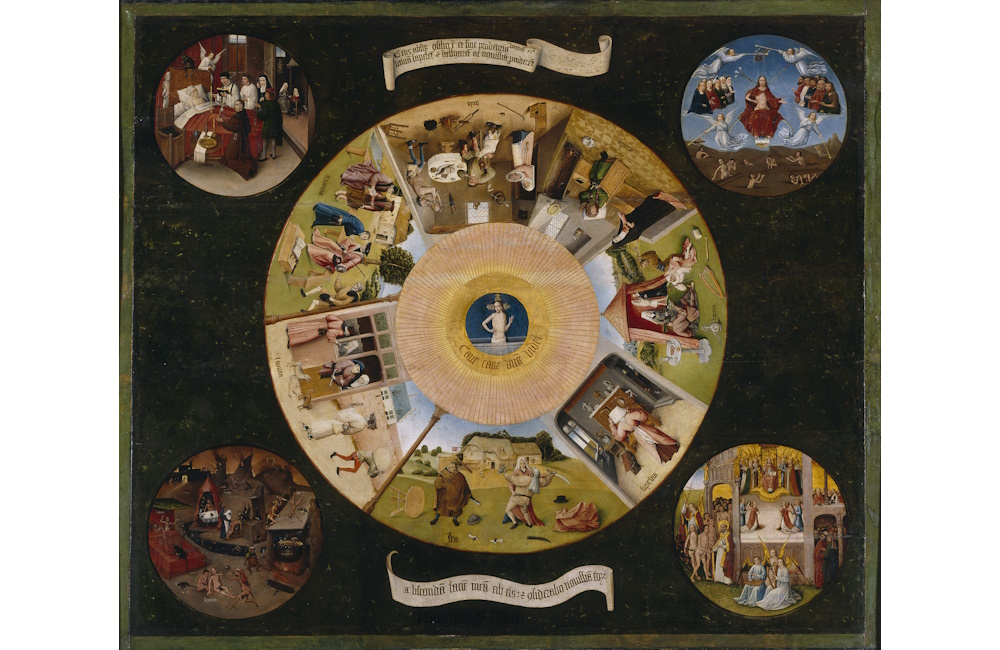Sin in Christianity
In Christianity, sin is understood as a violation of God’s laws and moral standards, leading to a disruption in the relationship between humanity and God. Sin signifies falling short of God’s expectations and ethical requirements, and it is perceived as causing a separation from divine goodness and justice.
Sin is viewed in Christianity as both a personal act and an inherited condition. Personal sins include individual actions or thoughts that contravene God’s commandments, such as lying, stealing, or harboring hatred. The concept of original sin, stemming from the disobedience of Adam and Eve, introduces a condition inherited by all humans, affecting their moral nature and relationship with God.
The impact of sin is profound, creating a spiritual divide between humanity and God. Christianity teaches that Jesus Christ’s sacrificial death offers a path to reconciliation and redemption. Through faith in Jesus, Christians believe they can be forgiven and restored to a right relationship with God. The process of repentance, faith, and grace is essential to overcoming the separation caused by sin and to regaining a closeness with God.
Sin in Islam
In Islam, sin is also considered a deviation from God’s will and commandments, but the implications differ from Christianity. Sin in Islam is viewed as a departure from divine guidance as revealed in the Quran and through the teachings of the Prophet Muhammad. It includes both major transgressions and minor wrongdoings. Major sins encompass severe offenses such as associating partners with God and committing grave injustices, while minor sins are less severe but still contrary to divine guidance.
Islam does not teach that sin creates an inherited state of moral corruption. Instead, each person is born in a state of fitrah, or natural purity, and is individually responsible for their own actions. The consequences of sin are addressed through sincere repentance and seeking forgiveness from God. Islam emphasizes that God is always merciful and willing to forgive those who genuinely repent and strive to correct their behavior. The focus is on personal accountability and the continuous opportunity for repentance, without the concept of original sin affecting all of humanity.
Conclusion
In Christianity, sin is viewed as a breach of God’s moral laws that creates a separation between humanity and God. This separation is not only a result of personal disobedience but also of an inherited condition from Adam and Eve. Reconciliation is achieved through faith in Jesus Christ, whose sacrifice is believed to address the inherent inability of humans to pay the debt for their sins.
Islam, while emphasizing forgiveness and the possibility of repentance, presents a different approach. It asserts that God’s mercy is extensive and that individuals can seek forgiveness for their sins. However, Christianity argues that God’s justice requires payment for sin, which humans, on their own, are incapable of making. Since there is no way to pay God for one’s sins, the inherent need for a savior is highlighted. The savior, in Christian belief, is Jesus Christ, whose sacrificial death is viewed as the necessary atonement for the sins of humanity, bridging the gap between divine justice and human inability.
